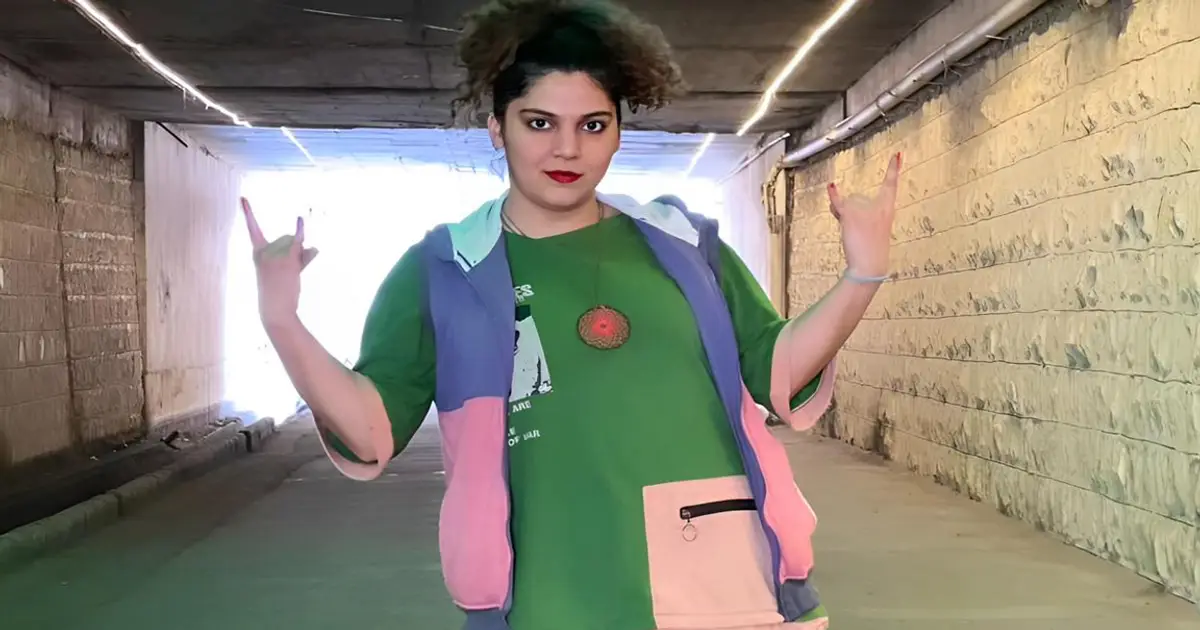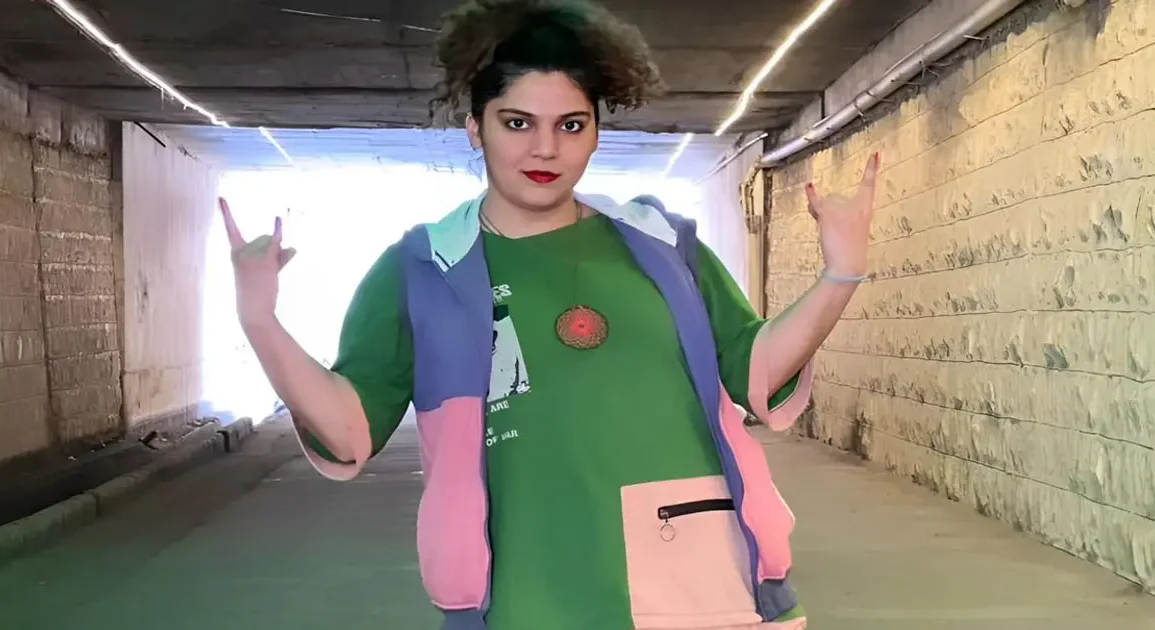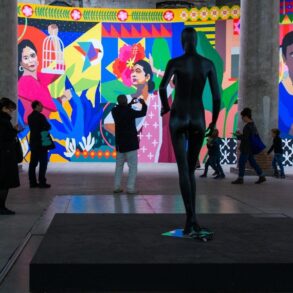
In the latest crackdown on artistic expression, Iranian security forces have arrested Zara Esmaeili, a young artist whose videos singing in public without hijab, in defiance of the Islamic Republic’s rules, went viral.
Esmaeili, known for performing without the mandatory hijab in public spaces like the metro and parks, has been taken into custody, with no information available about her whereabouts or condition. The arrest has left her family in despair as they struggle to ascertain her fate.
A source close to the situation confirmed that “Zara’s family has been unable to locate her”.
The Islamic Republic prohibits women from singing or dancing in public, reflecting a broader repression against women’s rights. These moves, enforced since the 1979 Islamic Revolution, are rooted in conservative interpretations of Islamic law that deem the female singing voice provocative and sexually suggestive.
Despite these restrictions, many women in Iran continue to resist, using social media to share their performances. However, such acts of defiance come with risks.
Faravaz Farvardin, the founder of the Berlin-based Right to Sing Campaign, condemned the arrest of Esmaeili, noting that “Iranian authorities often fabricate charges to justify their crackdown on female singers.”
In an interview with Iran International, Farvardin emphasized that “there is no legal basis for banning female singers,” indicating the Islamic Republic’s broader strategy to suppress dissent and enforce gender segregation.
This incident is part of a broader pattern of escalating repression in Iran, particularly targeting women and artists.
Recent cases, such as the arrest of dissident rapper Toomaj Salehi and the imprisonment of Grammy Award-winning singer Shervin Hajipour, underscore the penalties faced by artists who challenge the Islamic system’s strictures.
Salehi was initially arrested on September 13, 2021, following the release of his track Rat Hole. He faced arbitrary detention again on October 30, 2022, during the nationwide Women, Life, Freedom protests, accused of “corruption on earth,” a charge for which he was sentenced to death in April 2024.
Despite being granted bail on November 18, 2023, Salehi was re-arrested within two weeks on new charges of “publishing falsehoods” and “propaganda against the state.” These charges were related to a video he released detailing the torture he endured while in custody. He received a one-year prison sentence for the allegations.
Currently, Salehi is held at Dastgerd Prison in Esfahan, serving this sentence while awaiting the final legal resolution of the 2022 case, especially after his death sentence was overturned. However, with the new charges and the pending outcome of the 2022 case, his future remains uncertain, as he has been in prison for almost two years since his arrest in October 2022.
Hajipour, whose song “Baraye” became an anthem for the Women, Life, Freedom protests, has had his sentence upheld.




